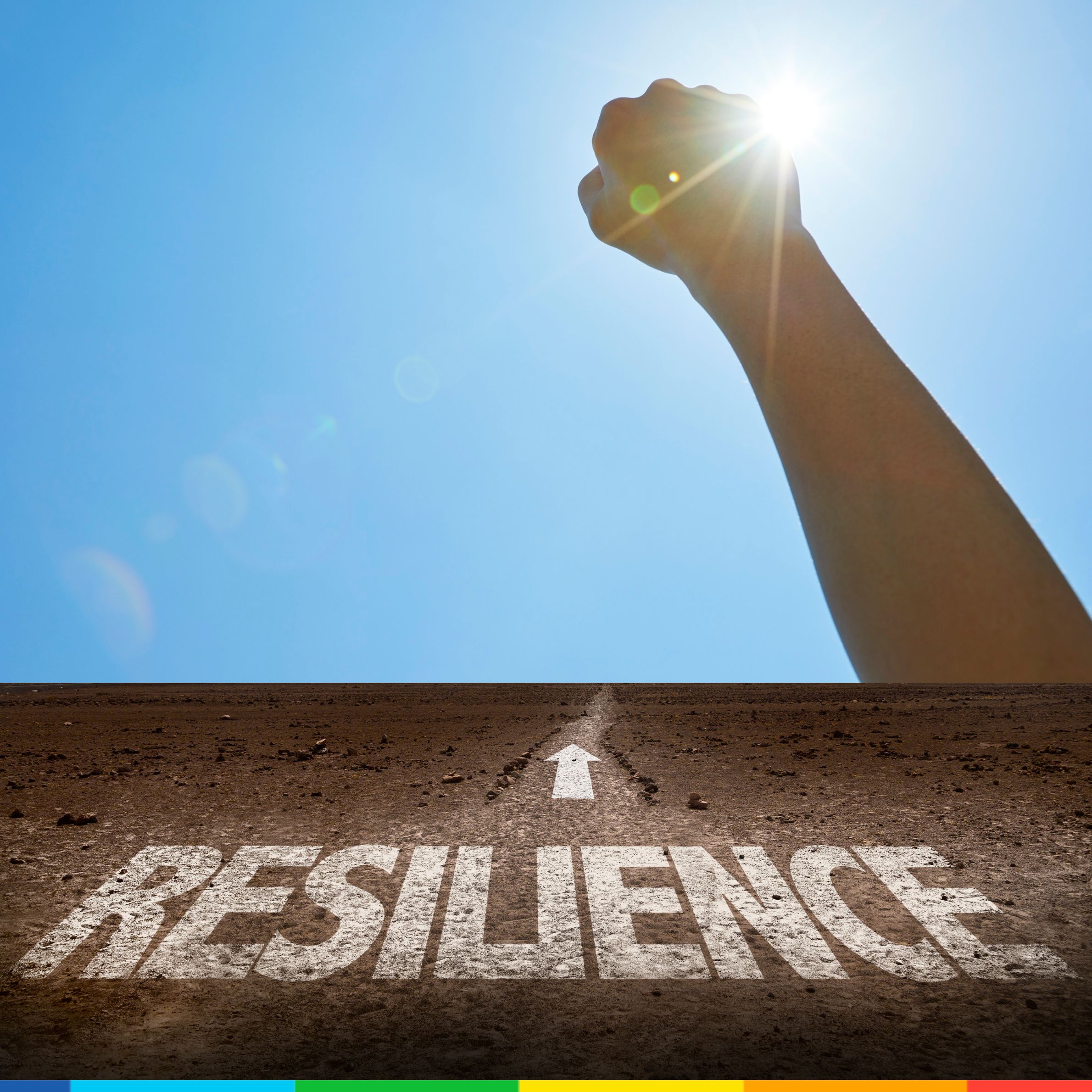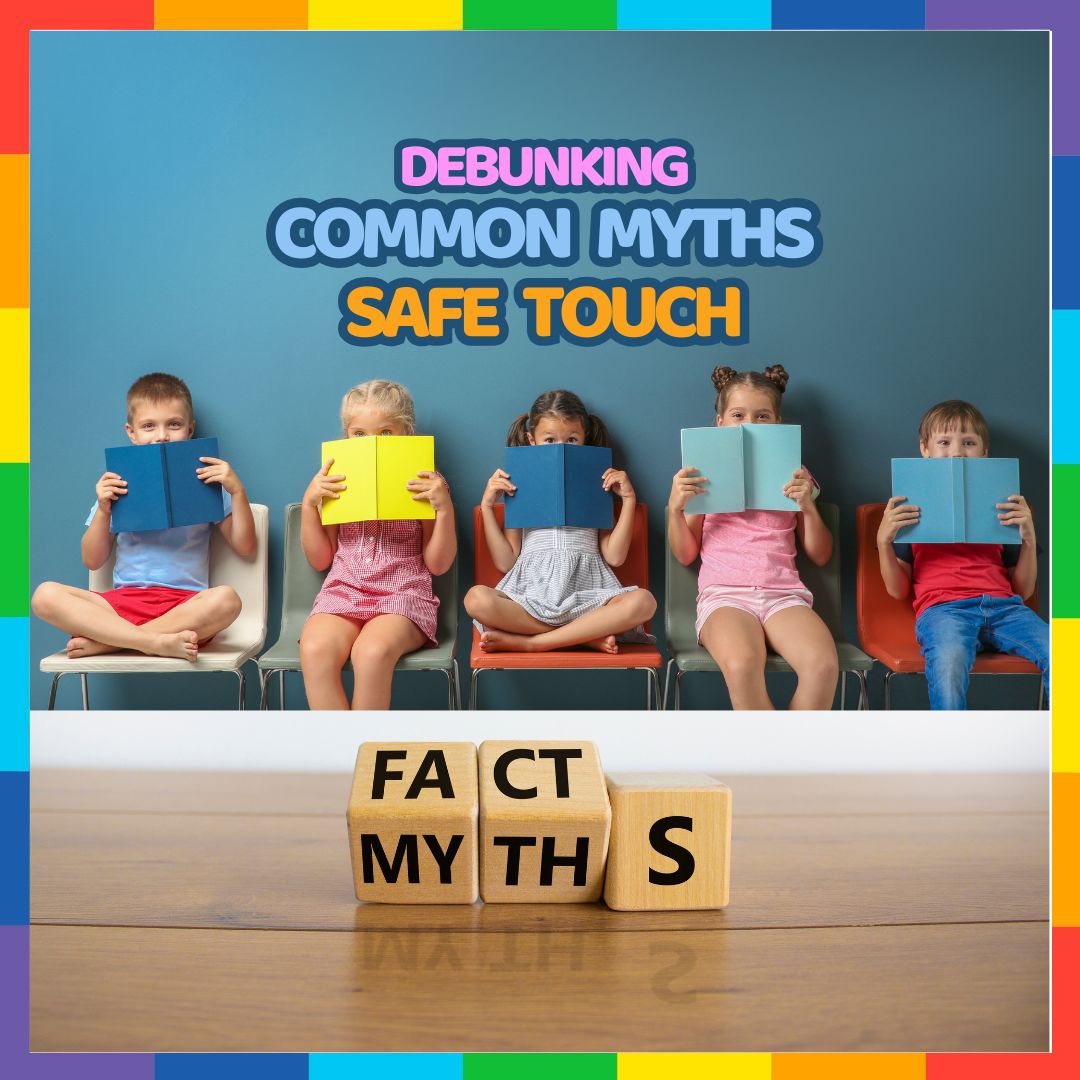
Quick Bites
Resilience-Building – Easy Checklist for Kids of All Ages
August 13, 2025
Related
Topics

Hey
-

How to Build Friendship Skills and Classroom Confidence?
February 11, 2026
-

Resilience-Building – Easy Checklist for Kids of All Ages
August 13, 2025
-

-

How to Ensure Body Safety of Your Kids? – Summary
February 27, 2025
-

Debunk Common Myths About Safe Touch: Know the Truth
February 23, 2025
Ready for more?
Hey
Sign up for Rainbow Kiddies newsletters for more stories and updates
Here are age-specific resilience-building checklists for parents. Each checklist is concise, structured, and tailored to key developmental stages: toddlers/preschoolers, school-age kids, and teenagers. I’ve also included a separate checklist for parents to build their own resilience, since many may be struggling themselves.
Resilience-Building Checklist for Parents of Toddlers & Preschoolers (Ages 1–5)
Build Early Emotional Strength
- Offer consistent comfort and affection
- Help name their feelings (e.g., “You’re feeling sad”)
- Practice co-regulation (calm yourself to help calm them)
- Encourage imaginative play to process emotions
- Let them try manageable challenges (“You can do it!”)
- Read books about big feelings and brave characters. After they are 3 years old, you could also show them video stories around these topics.
- Stick to routines for security (bedtime, mealtimes, etc.)
- Praise effort, not just outcomes (“You tried so hard!”)
Resilience-Building Checklist for Parents of School-Age Kids (Ages 6–12)
Strengthen Coping, Confidence & Problem-Solving
- Let them handle small problems (don’t rush to fix everything)
- Praise effort and perseverance (“You worked hard on that!”)
- Build routines but allow flexibility for learning moments
- Normalize mistakes: “What can you learn from this?”
- Teach coping tools (deep breathing, positive self-talk)
- Foster strong friendships and empathy
- Give responsibilities to build confidence (chores, tasks)
- Stay emotionally available – listen without judgment
Resilience Checklist for Parents of Teens (Ages 13–18)
Support Emotional Growth & Independence
- Keep communication open (ask, don’t interrogate)
- Give them space to make decisions and face consequences
- Help break challenges into small, actionable steps
- Reassure them of your unconditional love and belief in them
- Encourage active coping, not avoidance
- Support connections with mentors, teachers, role models
- Talk about values, purpose, and contribution to others
- Model healthy expression of emotions (it’s okay to be vulnerable)
Finally, Checklist for Parents: Build Your Own Resilience
Model What You Want Your Child to Learn
- Seek social support – connect with others regularly
- Use stress-reduction techniques (breathing, mindfulness)
- Take small steps toward solving problems
- Be kind to yourself – challenge negative self-talk
- Reframe setbacks as learning moments
- Prioritize basic self-care: sleep, food, movement
- Practice flexibility and acceptance: things won’t be perfect
- Let kids see you coping in healthy ways
Happy Parenting!
Sign Up for your Free Parenting Guide: “10 Everyday Ways to Raise an Emotionally Strong Child”

